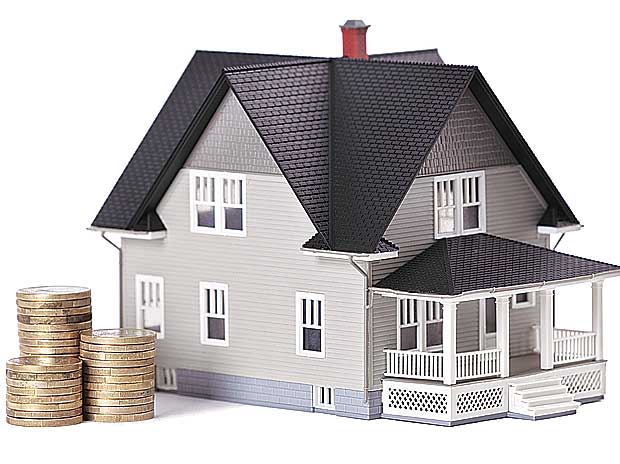- FG to Raise N1tn for Housing Scheme
Vice-President Yemi Osinbajo has said that the Federal Government is working with stakeholders to raise N1tn for the provision of affordable houses for Nigerians.
The vice-president spoke at the 22nd Nigerian Economic Summit in Abuja on Tuesday where he chaired a roundtable discussion on job creation, skills and employment.
He said that the proposed project would help to create more jobs.
Osinbajo said that the job creation unit in his office had worked out a framework with the Nigerian Economic Summit Group to focus on three sectors to create employment.
He listed the three sectors as construction, agriculture and Information Communication Technology.
Under construction, the vice-president said the Federal Government was working on a social housing programme called the Family Home Fund.
“The Family Home Fund is a financial intervention into social housing in the country. We are trying to raise a fund, which will come to about N1tn; we have aggregated funds from the private sector, local and international funds already.”
According to him, the plan is to enable the government to intervene in mortgage financing so that developers can build special houses to the specification of the Federal Government.
“Already eight or nine states are giving land and certificates of occupancy for social housing scheme. The idea is that any Nigerian who can afford N30,000 should be able to own a house,’’ he said.
Osinbajo said that there would emerge job creation opportunities as technicians, engineers and skilled workers would benefit from the scheme.
News Agency of Nigeria reports that the problem of housing in Nigeria has been of interest to every administration and official estimates suggest that more than 17 million houses are needed to cover the country’s 180 million citizens.
Each administration had introduced a different scheme but the impact had not been really felt by the people, it added.
Meanwhile, Osinbanjo has said leadership failure is responsible for loss of faith in Nigeria.
He said this in Abuja on Tuesday at the 46th yearly Conference of the Institute of Chartered Accountants of Nigeria, where he represented President Muhammadu Buhari.
He said, “Part of the reasons why things are not working well in Nigeria as they ought to is the inability to hold officials accountable for their tasks. Holding a public official to account for their responsibility going forward is going to be a key way to increase performance.
“Those who handle public or private resources must account for their performance because lack of performance can hold down a country. Courts are a public resource, therefore judges and lawyers like every other public and private officials must be held accountable for their responsibilities. We must be able to hold ourselves accountable for the responsibilities that we are charged with.”
Speaking at the conference, President of the Institute of Chartered Accountants of Nigeria, Mr. Titus Soetan, said the perception of failure of leadership and the huge deficit in the delivery of public goods to Nigerians had culminated in loss of faith in Nigeria.

 Naira4 weeks ago
Naira4 weeks ago


 Naira4 weeks ago
Naira4 weeks ago


 Naira3 weeks ago
Naira3 weeks ago


 News4 weeks ago
News4 weeks ago
 Travel4 weeks ago
Travel4 weeks ago




 Naira4 weeks ago
Naira4 weeks ago


 Jobs3 weeks ago
Jobs3 weeks ago
 Naira3 weeks ago
Naira3 weeks ago






















